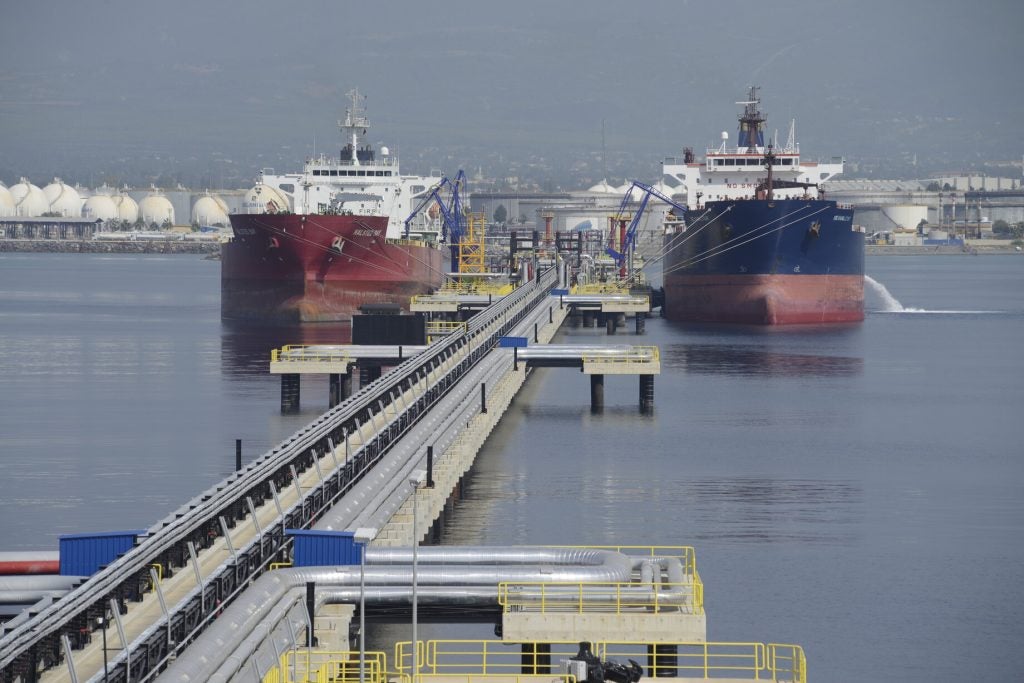A mid-sized Mediterranean oil terminal in Türkiye will no longer accept imports of Russian crude as pressure from tightened US sanctions begins to build.
The Dörtyol terminal, based in the province of Hatay, had previously been a relatively slow-paced terminal for business and mostly exported Iraqi crude.
After Russia’s invasion of Ukraine in early 2022, however, seaborne deliveries of Russian oil to Dörtyol soared as European restrictions came into play and Moscow looked to reroute trade.
In 2023, the terminal saw record amounts of Russian crude and refined oil move through Türkiye to Europe in a contravention of EU sanctions. Shipping data shows that Dörtyol – which imports, exports and stores fuel and crude – received a record 11.74 million barrels of Russian crude oil and fuel last year.
Now, as the US tightens sanctions on the movement of Russian oil, Global Terminal Services (GTS), which operates Dörtyol, has ceased imports altogether. "GTS decided to cut all possible connections to Russian oil and declared accordingly to its customers in late February 2024 that even if there is no breach of any laws, regulations or sanctions, it would not accept any product of Russian origin or any products loaded from Russian ports as an additional measure to the sanction rules in effect," the company told Reuters.
It said that all previous operations had been in full compliance with sanctions including the G7's price cap on tankers transporting Russian oil. "GTS's new approach is an additional measure to eliminate the effects of activities that are beyond its reach and control despite the efforts to comply with all applicable sanctions," GTS added.
Last year the terminal became Türkiye's seventh-biggest by import volumes, rising from tenth in 2021. Its 2023 Russian crude and fuel imports were around seven-times higher than the total volume it received from all countries in 2021.
The last tanker carrying Russian oil arrived at Dörtyol on 19 February. It delivered a 511,000-barrel diesel cargo from the Russian Baltic port of Primorsk, shipping data shows. GTS said it would still accept Russian cargoes as long as they had been nominated before the ban came into force last month.
















